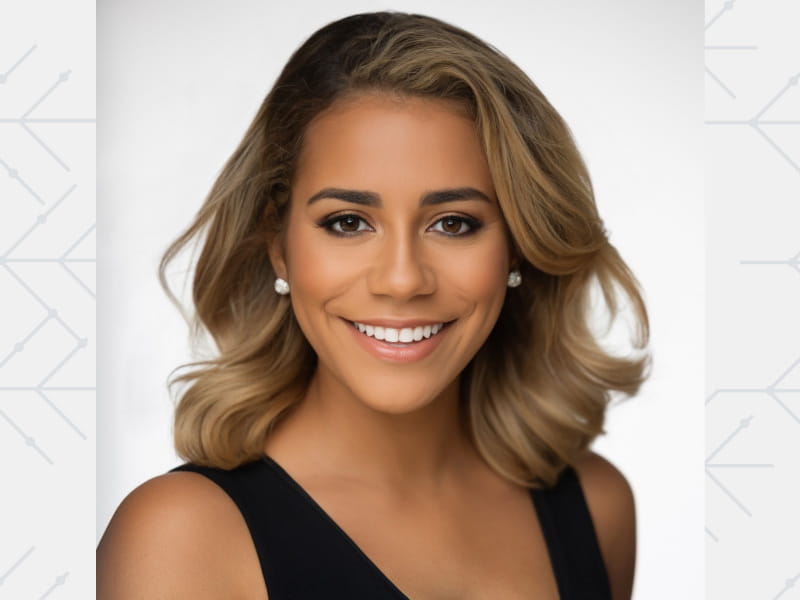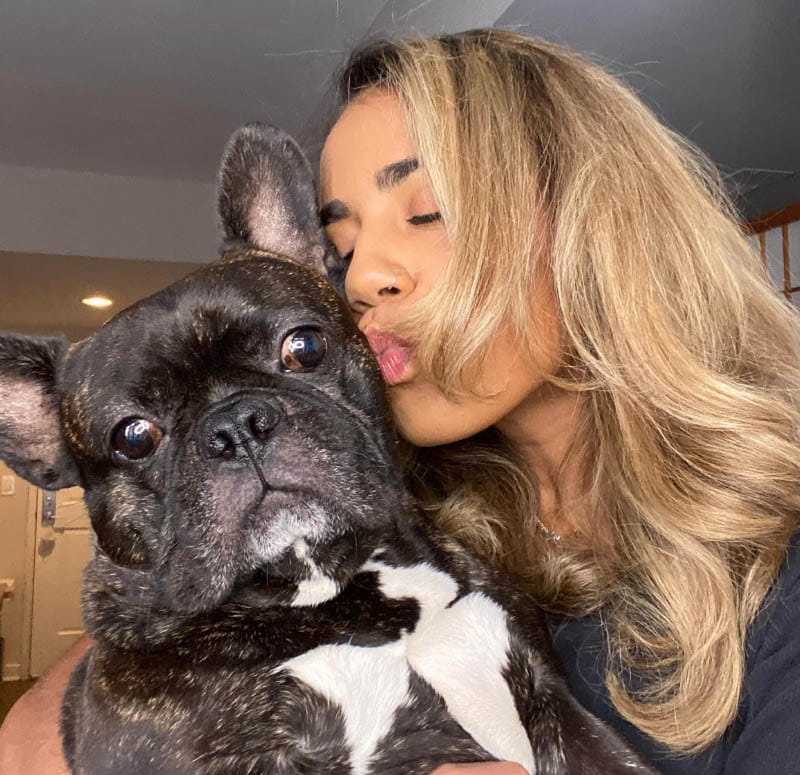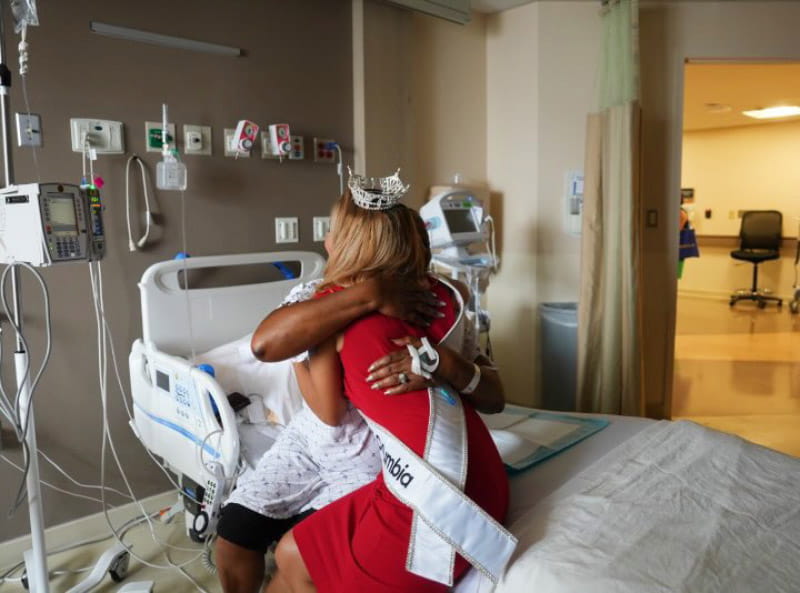Pageant queen had 6 heart attacks by age 18
By Stefani Kopenec, American Heart Association News

At 16, Jude Maboné was in the middle of a 6-mile run at cross-country practice when she started having chest pain.
A mile from her high school, her chest felt tight and heavy, like bricks were on it. Breathing felt like sucking air through a straw. Her head pounded and stomach churned. She had a stabbing pain in her left shoulder and was sweating far more than she should've been.
Once she reached campus, she called her mom, Kelly Maboné. Kelly took Jude to the hospital in a suburb south of Philadelphia. Doctors ran a series of tests. After reviewing the results, a doctor told Jude: "You had a heart attack."
She laughed. How could that be? At her age? While exercising? In health class, Jude learned that heart attacks usually happen to people doing "bad things" like smoking, drinking and not exercising.
Doctors explained that while some people may be more likely to have a heart attack, anyone can have a heart attack at any time, regardless of age, lifestyle or fitness level.
Jude went home a few days later in stable condition but without knowing what caused her event. She went on to have five more heart attacks before her 18th birthday, all of them associated with running. During that time, she went from one specialist to another seeking the root cause.
"We're going to keep going until we find somebody who can figure this out," her family doctor said.
One day, Jude had yet another electrocardiogram, or EKG, a test that produces a wavy-lined readout of the heart's electrical signals. This time the reading was abnormal. The results led to a new diagnosis: coronary vasospasms.
Essentially, her arteries were constricting (spasming), thus reducing or stopping the blood flow to her heart. She was prescribed beta blockers to relax her arteries and decrease the spasm.
Just like that, her problem was managed.
However, the years it took to get a diagnosis took a toll on Jude. Each heart attack meant time in the hospital and then recovering from the event. She spent hours alone in her bedroom. She was embarrassed and kept what was happening from her friends.
During this time, Kelly worried if Jude was OK.
"I would go in nightly, and several times in the night, and put my finger under her nose to make sure that she was still breathing," Kelly said.
Kelly is a single mother and a Navy veteran. Jude is the third of Kelly's four kids and the youngest girl. Kelly raised them all with rules designed to keep them busy – and out of trouble. These included taking voice lessons, playing an instrument, playing a sport and learning a second language.

Jude found that she enjoyed keeping active.
While she was the least athletic person in her family and failed in other sports, she excelled in track and distance running. She got so good that college coaches pursued her to run for them. She ended up walking on at American University in Washington, D.C., and then earning a scholarship. (Kelly has never stopped worrying about Jude's heart – especially when she's running.)
At age 17, she made a bucket list, thinking that if she was going to die, she at least wanted to have had fun. The movie "Miss Congeniality," starring Sandra Bullock, inspired her to compete in pageants; she added it to her bucket list. She is now the current Miss District of Columbia. At the recent Miss America pageant, she sang an Italian opera piece – a nod to her mother and her earlier voice lessons.
Jude, now 28, uses her platform as Miss D.C. to promote heart health.
She encourages people to get checkups and encourages learning CPR and how to use an automated external defibrillator, or AED. She taught CPR to the deaf and hard of hearing community at Gallaudet University using American Sign Language, and she has created the same training opportunities for residents of low-income neighborhoods in D.C.

Last fall, she shared her story on stage at the American Heart Association's Heart Walk in D.C. It was her first time really discussing it with fellow survivors. She realized that her withdrawing as a teen was her way of grieving the loss of her lifestyle and time with friends.
Now she encourages others who face health challenges to be more understanding of their predicament.
"This isn't something you have to be embarrassed about," she said. "There's so much healing that can happen when you're open about it. … I just wish I had leaned into that so much earlier."
Stories From the Heart chronicles the inspiring journeys of heart disease and stroke survivors, caregivers and advocates.





